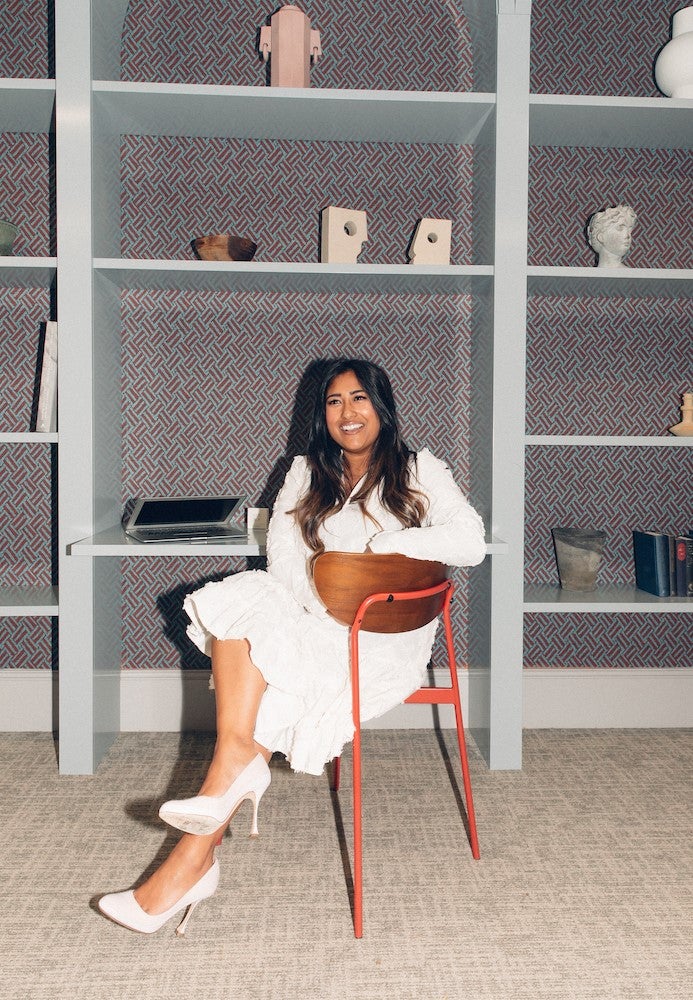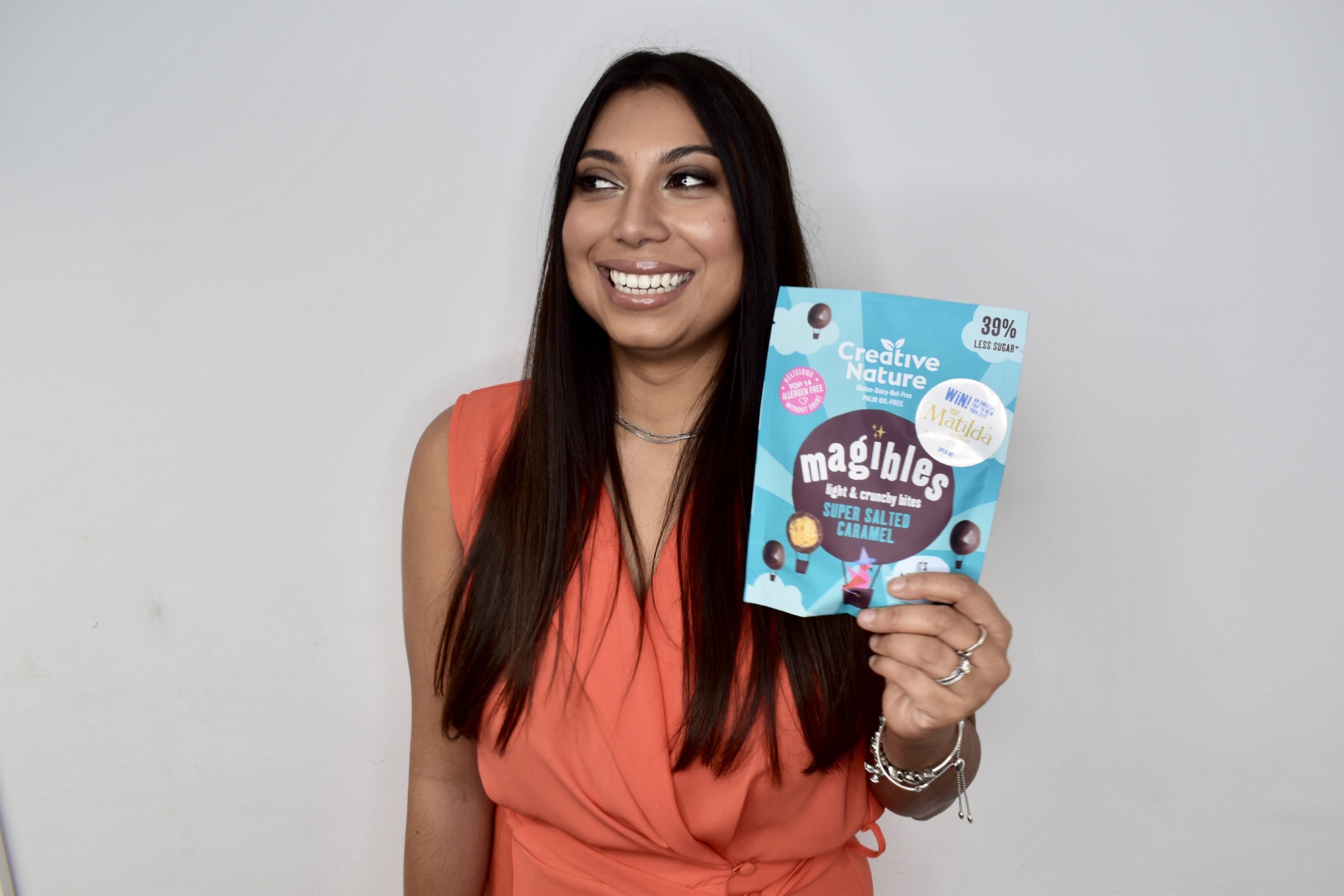Sexually harassed during a funding pitch: Businesswomen on misogyny in the boardroom
The vast majority of women who have founded their own businesses likely faced sexism while trying to secure funding, new polling suggests

CEOs dismissed as “little girls” and being asked to demonstrate how to put on a condom in a pitch meeting are just some of the sexist horror stories women have shared from the boardroom.
New polling suggests 85 per cent of women who have founded their own businesses had “definitely or probably” faced sexist behaviour while trying to secure funding. The poll, commissioned for The Independent by Enter The Arena, a business coaching organisation for female founders, found more than two-thirds of the almost 100 respondents reported they “certainly” had.
Farah Kabir, founder of HANX, a company that provides sustainable sexual wellness products for women, said she was in the first year of launching her business when she pitched alone to a group of mostly older white men.

Amid “lots of giggles and laughter”, she said one asked: “Can you demonstrate how to put on a condom?” While she did challenge the man who posed the question, she said the comment made her feel nervous and embarrassed.
Have you been affected by this story? If so email tara.cobham@independent.co.uk
Ms Kabir said when she founded her business in 2018, receiving sexist comments while pitching was common and particularly for a woman in the sex tech industry making products for women.
Among the remarks she faced were: “This is a man’s job; This is a male-dominated industry; What do you little girls want? It’s a man’s world; Sexual pleasure is about men; The sex tech industry belongs to men.”
Ms Kabir said discriminatory treatment has hindered her fundraising efforts, adding: “On the few occasions I’ve been accompanied by a male advisor, the difference in their attitude towards HANX has been palpable.
“I think the tech industry is still heavily weighted toward white men. Do I think there’s diversity washing? Absolutely. Funds need to start putting the money where their mouths are and start backing female founders of colour. There’s definitely been sea change, but more needs to be done.
“Never have I felt this bias more. As a woman from a Bangladeshi Muslim background, I find myself challenging preconceptions every single day.
“In 2023, we shouldn’t need a man on our side of the table to get investors on board.”

Only 6 per cent of CEOs in the FTSE 250 are female, according to The Pipeline’s Women Count report last year and there are almost as many male CEOs named John as female CEOs in the FTSE 250.
May Al-Karooni, CEO of sustainable recycling firm Globechain, described an industry that is “sexist and racist” and “still very much a boys’ club”.
Ms Al-Karooni cited a particular incident when she had a pitch meeting with a Lord and, after she had told him all about the success of her business so far, all he could ask was: “When are you having children and are you single?”
“He said it like he could get away with it, like it was nothing,” she said.
The CEO says she was continuously asked to find a co-founder, “indirectly insinuating it should be a man as it would increase my chances of getting funding”.
Julianne Ponan, CEO of Creative Nature Superfoods, which makes products suitable for allergy sufferers, described a similar experience.
“When fundraising I was told to bring my white male colleague to meetings to come across ‘stronger in a pitch,’” she said.
Questions from the usually male investors were then mostly directed at him.
“I struggled with that,” she said. “It was hard to take on board to begin with.”

She also told of frequently being asked by people who wanted to speak to the CEO at trade shows, with the implication being that she was not the boss.
”One guy laughed and said ‘You can’t be the owner – you’re a child, you’re a little girl.’” Ms Ponan recalled. “It was pretty tough. There does still seem to be quite a bit of sexism and racism around. Comments like this can get you down, make you feel like you can’t do it. It did impact me, but it also gave me drive.”
Despite her background in investment banking, she said she has encountered assumptions she does not understand how valuation works.
She added there are many women “out there doing amazing things”, but more attention needs to be drawn to them. And while raising greater awareness is important, she said the industry also needs to follow through with action.
Julia Elliott Brown, CEO of Enter The Arena, said prejudice is linked to the vast gender funding gap that exists in business. Last year, companies founded solely by women received less than 1 per cent of the total capital invested in venture-backed startups in Europe, according to PitchBook.
Ms Elliott Brown said, “Our industry talks a good game about embracing diversity, empowering women and supporting those who have founded their own businesses, but this means nothing if women don’t even feel safe to walk into a pitch without being confronted with sexism.”
Join our commenting forum
Join thought-provoking conversations, follow other Independent readers and see their replies
Comments


Bookmark popover
Removed from bookmarks